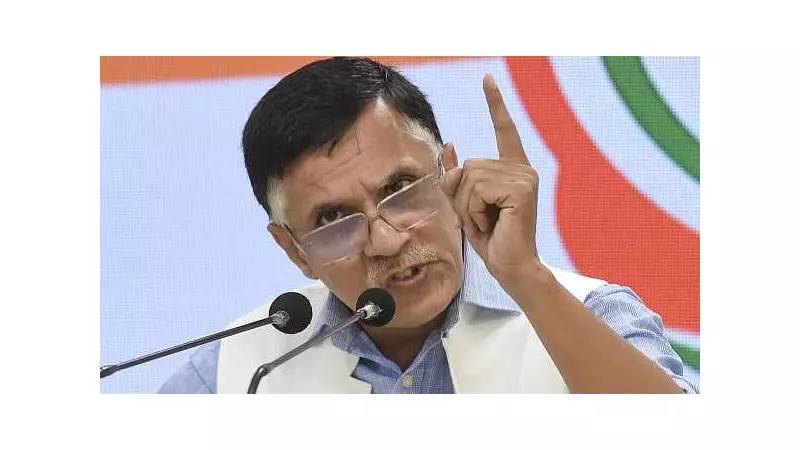
The Congress party has intensified pressure on the central government, demanding an immediate all-party meeting to address the recent Delhi explosion and questioning the delay in officially declaring it a terrorist attack.
Political Pressure Mounts Over Security Response
In a significant political move, the principal opposition party has called for greater transparency and coordination in handling the security crisis. The Congress party specifically questioned why the government has not yet formally categorized the Delhi blast as a terror attack, raising concerns about the official response timeline.
The party's demands come amid growing unease about national security protocols and the government's communication strategy following the explosive incident in the national capital.
Parliament Session Timing Controversy
Adding to their demands, Congress has urged the government to advance the Winter Session of Parliament from its scheduled December 1 start date. The party argues that the current security situation requires immediate legislative attention and cross-party consultation.
Congress representatives emphasized that the government must engage with all political parties to ensure what they described as a "cohesive approach" to national security challenges. The party believes that earlier parliamentary proceedings would facilitate crucial discussions about the security framework and response mechanisms.
Timeline and Official Response
The developments were reported on November 13, 2025, at 13:19 IST, as confirmed by journalist Shemin Joy. The Congress party's dual demands—for an all-party meeting and an advanced parliamentary session—highlight the escalating political dimensions of the security incident.
Political observers note that the party's stance reflects broader concerns about security preparedness and inter-party coordination in addressing terrorism-related incidents. The government has yet to issue an official response to these specific demands as of the reporting time.
The coming days are likely to see increased political maneuvering as security concerns and parliamentary scheduling become intertwined in the national conversation about safety and governance.





